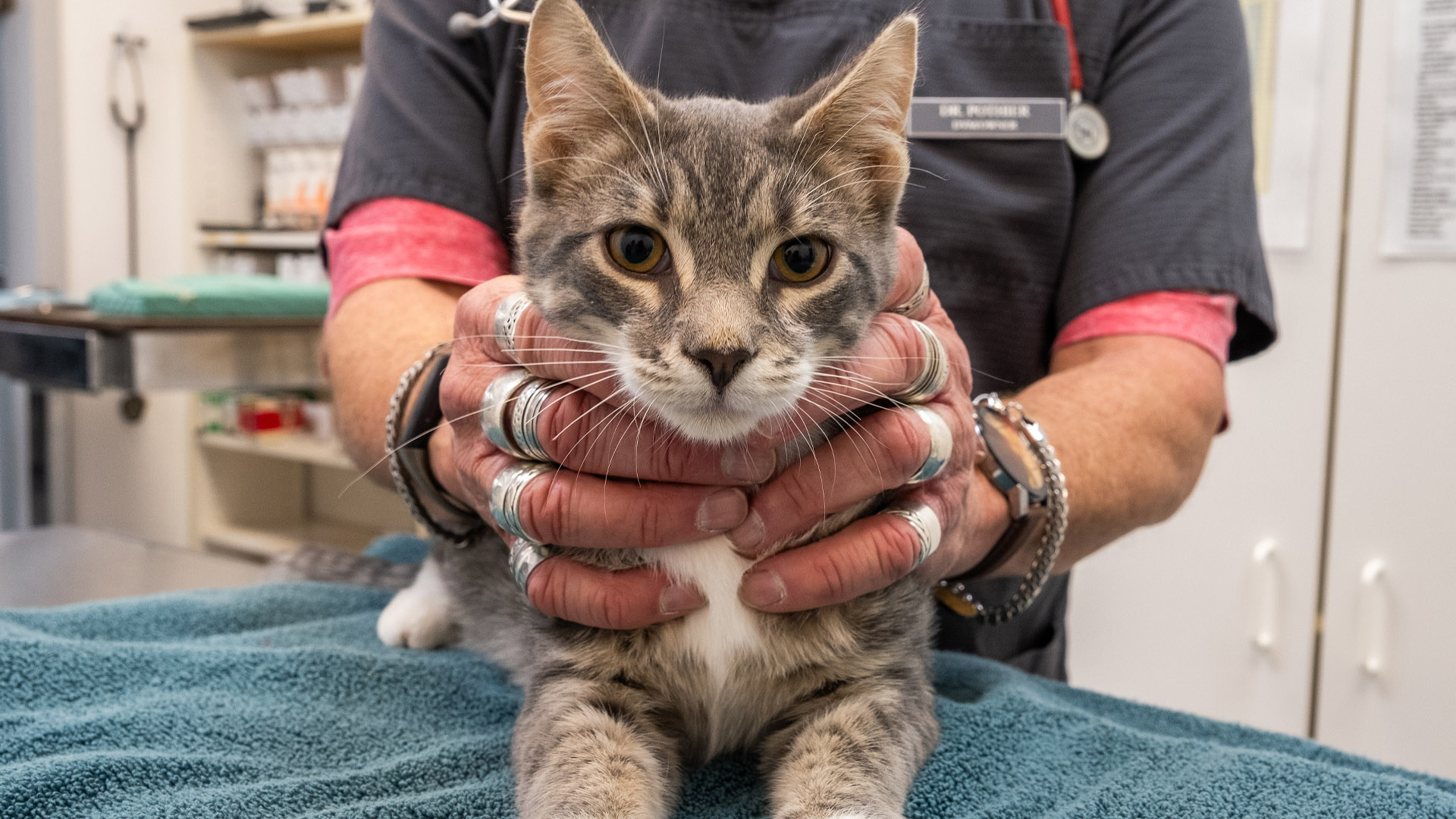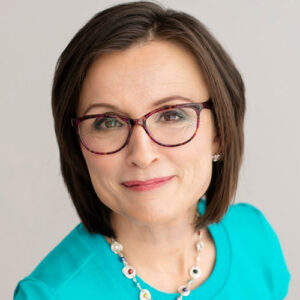
(Version française disponible ici)
Our pets are precious. Naturally, we want to look after them with quality veterinary care. However, this desire seems to be increasingly undermined by the cost of care.
The rising cost of animal care has several causes. Part of it can be explained by the professional system that governs veterinarians.
The veterinary profession is governed by a number of laws and regulations, including the professional code, which dates back over fifty years. It created Quebec’s professional system and defined the role of the orders, largely based on the principle of professional independence.
Except for monitoring the illegal practice of a profession, the power of professional orders is exercised exclusively over their own members, among other things by requiring them to preserve their autonomy and to respect their code of ethics.
At a time when the organization of veterinarian work is becoming increasingly cumbersome, and often includes several tiers, the question arises: does our professional system still protect the public? There’s a lot of talk about protecting the public in the mission of professional orders, but attention should also be drawn to their societal role and to the link between the services offered by professionals and the needs of the public – in the case of veterinary medicine, the animals (patients) and their owners (clients).
The power of multinationals
This alignment does not take place on an equal footing when the supply of services is largely determined by large corporations, which is a far cry from what is known in my profession as the veterinary-client-patient relationship (VCPR). The closer the decision-making centers are to the VCPR triangle, the better the care is adapted to the patient and its family.
Indeed, multinationals now own a significant percentage (26 per cent) of veterinary clinics and about 40 per cent of Quebec’s veterinarians work in them. We seem to be following an American trend, albeit a few years behind.
This phenomenon is not unique to the veterinary sector. Quebec medical clinics (the ones for humans, as we say in the veterinary industry) are being purchased by companies in other fields, a reality just as widespread in other professions in private practice.
In principle, according to the regulations governing the practice (or incorporation) of professionals, practices of healthcare professionals should be exclusively owned and controlled by them. This is also the case for veterinary surgeons: regulations require that all voting shares in a veterinary surgeon’s corporation be held by veterinary surgeons. The motivation behind this requirement is to preserve professional autonomy.
Unfortunately, this principle is undermined by the fact that regulations is easy to work around and open to interpretation, especially when it comes to multi-level administrative structures. Given the multinationals that own veterinary clinics sometimes also own food brands or laboratories, this can encourage the integration of such services with those offered by the clinic.
Some will argue that funds from non-professional investors have certain positive effects on services, for example on the availability of specialized equipment (CT, MRI, etc.). This is probably true, and it benefits a minority of cases that require this type of technology, but at what overall cost to clients?
Preserving professional independence
Like other professionals, veterinarians practice in non-profits (such as animal shelters), even if it is not explicitly mentioned in the corporate practice regulations of the relevant orders. In principle, this does not appear to be contrary to the public interest, but this type of practice should be clearly treated in the regulations with protections for professional independence. Similarly, it would be advantageous to establish procedures for the formation of professional co-operatives. (Medical co-operatives currently exist, but they are user co-operatives, not professional ones.)
However much we may insist on the ethical obligations of professionals and assign them the responsibility of preserving their autonomy, it is threatened by organizational context. The availability of support staff, laboratory equipment and specific drugs, as well as the organization of work, are management practices that affect the type and quality of care offered. Of course, many veterinarians prefer medical activities to management. Let’s find ways of governing that respect their autonomy in care while entrusting management responsibilities to others.
The Charbonneau Commission in Quebec that examined corruption linked to the construction industry was a major trigger for questioning the professional system. It recommended that “professional service firms related to the construction industry be subject to the supervisory powers of the professional orders in their sector of activity.” Like the construction industry, the public would benefit from better supervision of other professional sectors.
Québec has undertaken a reform of the professional system, including a modernization of the professional code. It will be essential to support professionals in preserving their independence in all types of organizations (joint-stock companies, limited liability partnerships, non-profits, co-operatives, etc.), and to provide professional orders with modern tools to supervise their members in an environment where the orders have less and less control.
In addition to looking at governance structures, professional orders should take a stand on remuneration methods, making sure they comply with codes of ethics. Despite individual goodwill, certain billing methods can exert influence (even if unconscious) on professional judgment, such as commission-based remuneration, which is becoming widespread among veterinary surgeons employed by multinationals. However, the “independence and impartiality” sections of the codes of ethics for veterinary surgeons, dentists and optometrists seem to forbid this.
Preserving the independence of veterinary surgeons is an important way of protecting the public by bringing decision-making closer to the center of the veterinarian-client-patient triangle. The profession must act while there’s still time.









